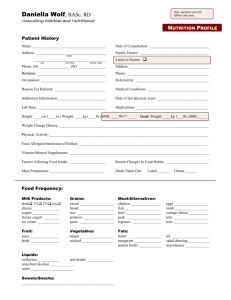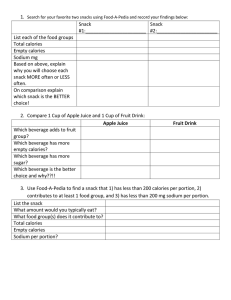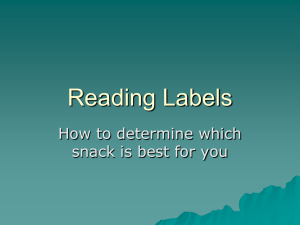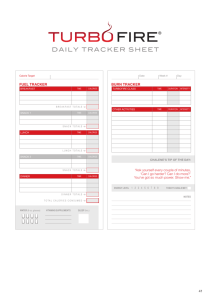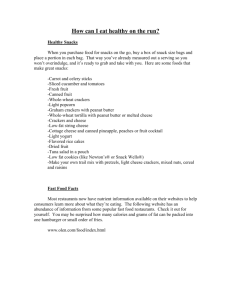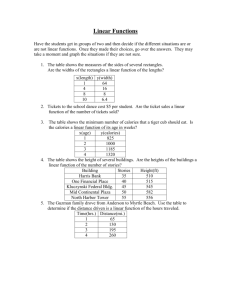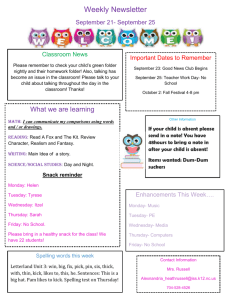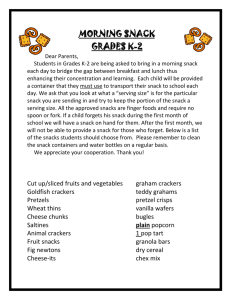Food on the go - North Cypress Wellness
advertisement
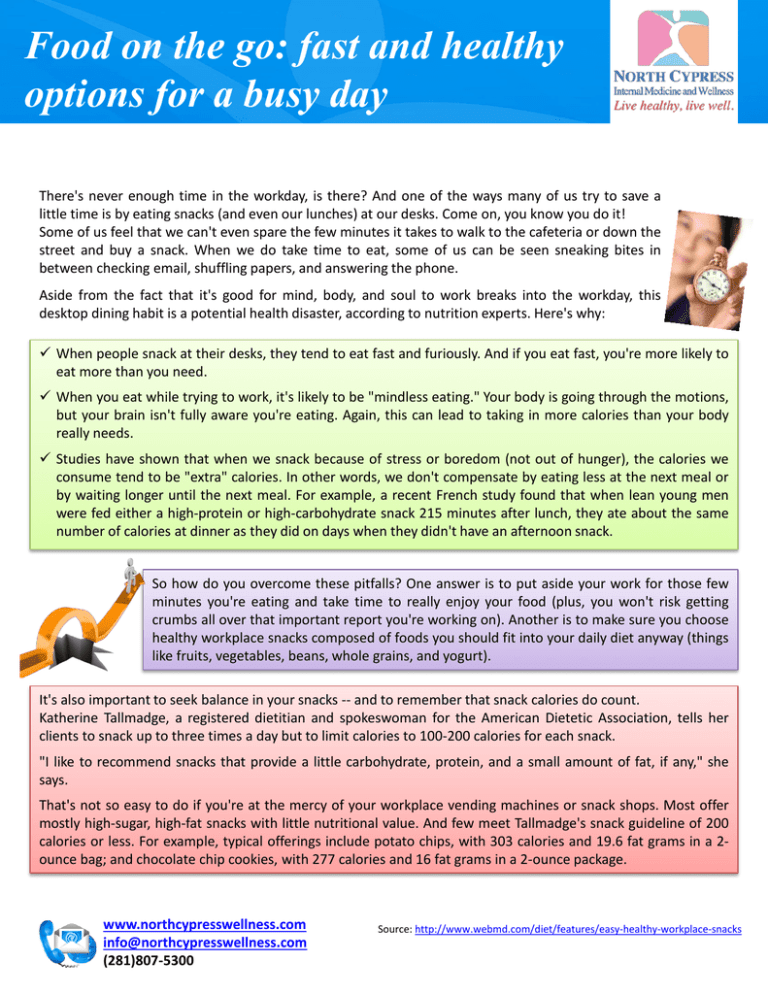
Food on the go: fast and healthy options for a busy day There's never enough time in the workday, is there? And one of the ways many of us try to save a little time is by eating snacks (and even our lunches) at our desks. Come on, you know you do it! Some of us feel that we can't even spare the few minutes it takes to walk to the cafeteria or down the street and buy a snack. When we do take time to eat, some of us can be seen sneaking bites in between checking email, shuffling papers, and answering the phone. Aside from the fact that it's good for mind, body, and soul to work breaks into the workday, this desktop dining habit is a potential health disaster, according to nutrition experts. Here's why: When people snack at their desks, they tend to eat fast and furiously. And if you eat fast, you're more likely to eat more than you need. When you eat while trying to work, it's likely to be "mindless eating." Your body is going through the motions, but your brain isn't fully aware you're eating. Again, this can lead to taking in more calories than your body really needs. Studies have shown that when we snack because of stress or boredom (not out of hunger), the calories we consume tend to be "extra" calories. In other words, we don't compensate by eating less at the next meal or by waiting longer until the next meal. For example, a recent French study found that when lean young men were fed either a high-protein or high-carbohydrate snack 215 minutes after lunch, they ate about the same number of calories at dinner as they did on days when they didn't have an afternoon snack. So how do you overcome these pitfalls? One answer is to put aside your work for those few minutes you're eating and take time to really enjoy your food (plus, you won't risk getting crumbs all over that important report you're working on). Another is to make sure you choose healthy workplace snacks composed of foods you should fit into your daily diet anyway (things like fruits, vegetables, beans, whole grains, and yogurt). It's also important to seek balance in your snacks -- and to remember that snack calories do count. Katherine Tallmadge, a registered dietitian and spokeswoman for the American Dietetic Association, tells her clients to snack up to three times a day but to limit calories to 100-200 calories for each snack. "I like to recommend snacks that provide a little carbohydrate, protein, and a small amount of fat, if any," she says. That's not so easy to do if you're at the mercy of your workplace vending machines or snack shops. Most offer mostly high-sugar, high-fat snacks with little nutritional value. And few meet Tallmadge's snack guideline of 200 calories or less. For example, typical offerings include potato chips, with 303 calories and 19.6 fat grams in a 2ounce bag; and chocolate chip cookies, with 277 calories and 16 fat grams in a 2-ounce package. www.northcypresswellness.com info@northcypresswellness.com (281)807-5300 Source: http://www.webmd.com/diet/features/easy-healthy-workplace-snacks Food on the go: real examples for real life. Greek Yogurt (1 container, 6 ounces) Mix plain Greek yogurt with fresh fruit to take in several grams of fiber and protein for a fraction of the sugar you’ll find in flavored varieties. Hard-Boiled Egg (1 egg) At only about 70 calories, an egg is a protein-rich, low-calorie bite. The yolk is high in choline, which may lower cardiovascular disease and breast cancer risk, and also contains leutine, which promotes eye health. Boil a bunch at the beginning of the week, then when hunger strikes peel an egg for an easy, nutritious snack. Nuts (1 ounce) An ounce of nuts packs tons of protein and fiber, as well as heart-healthy fats that can lower LDL (bad) cholesterol, and magnesium, which may help prevent type 2 diabetes. You can nab all of these benefits without consuming too many calories if you stick to the proper serving size. Try 30 pistachios, 23 almonds, or a mix. Dry-Roasted Edamame (1/4 cup) A quarter-cup serving contains only 130 calories and packs about one-third of your daily recommended fiber intake and 14 g of protein. And, unlike steamed edamame, it’s ready to go—you don’t have to take the time to peel each pod as you eat. Snack-Size Cottage Cheese and Fruit (4 ounces) Snack-size cottage cheese with a fruit is a great snack. A number of brands sell single-serving 4- or 5-ounce cartons, which can help control portions. It is recommend a low-fat choice or a fat-free one. Grab fresh fruit, not dried fruit Dried fruit seems like a healthy snack, but oftentimes dried fruit is packed with extra sugar. If you do opt for dried fruit, check the label to make sure there’s no sugar added. (Hint: All cranberries have added sugar.). Whole-wheat tacos Use La Tortilla Factory flour tortillas (or another highfiber variety, or corn tortillas) and fill with 3 ounces sliced grilled chicken, 1/4 cup black beans, lettuce, tomato, and a sprinkle of reduced-fat cheese. Prepare your meals in advance. Set aside some time to prep your foods as soon as you get home from the grocery store. -Cut up celery, carrots, peppers, jicama, and any other veggies you love. -Portion large containers of cottage cheese and yogurt into smaller, individual portions. -Hard-boil your eggs and keep them in the fridge so they are ready to use in a recipe or eat as a snack. -Grill and slice chicken breasts and package them into 3-ounce portions. www.northcypresswellness.com info@northcypresswellness.com (281)807-5300
